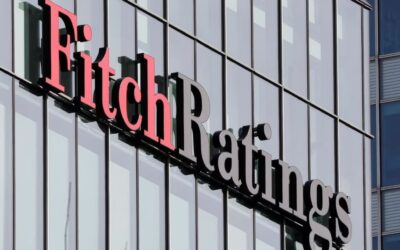The yield on Israeli 10-year bonds surpassed the 5% threshold, marking its highest level in 13 years. This surge occurred just hours before the Bank of Israel’s announcement on May 27 to maintain the interest rate at 4.5%. Despite the decision to keep the rate steady, bond yields continued to hover at their peak. This increase is occurring amidst a backdrop of a widening government deficit, which reached 7% in April, and an escalation in debt issuances by the Treasury’s Accountant General’s Department to cover war-related expenses. Notably, the weekly issuance totals have now matched the pre-war monthly totals.
Ronan Menachem, Chief Economist at Bank Mizrahi Tefahot, attributes the spike to market tension preceding the interest rate decision. He also notes a concurrent depreciation of the shekel against the dollar and euro, which diverges from recent trends. Menachem suggests that the market anticipates difficulties for the Bank of Israel in lowering interest rates in the near future, driving bond yields higher as a result.
Contrary to global trends, where bond markets remain stable and American bond yields have decreased, Israel’s bond market reaction appears driven by domestic issues. Chen Herzog, Chief Economist at BDO, highlights a growing discrepancy between Israeli and American bond yields, a reversal from the historically lower returns seen in Israel. Pre-war yields required only a 4.3% return.
The rising risk premium for Israel, reflected in the credit default swap (CDS) rates, is deterring investors from the Israeli bond market. Those who remain demand lower prices for their investments, which translates to higher yields. Herzog emphasizes that these higher yields mirror the war’s economic impact, compounded by a burgeoning government deficit that surpassed Treasury targets.
In the short term, Menachem believes the yield increase is alarming for the Bank of Israel. The long-term interest rate, influenced by bond yields, is expected to keep rising due to external factors. The Bank of Israel must reassure the market that its interest rate policies align with the current economic state.
Herzog warns that escalating yields could exacerbate economic slowdowns, potentially prompting businesses to reduce activity or pass costs onto consumers. While Menachem suggests that the Bank of Israel could intervene by purchasing bonds, Herzog argues that such measures would only offer temporary relief and be ineffective against broader macroeconomic challenges.
Image credit: Freepik





0 Comments